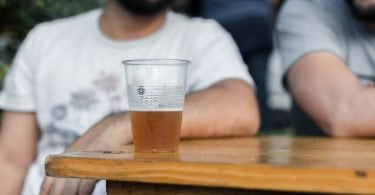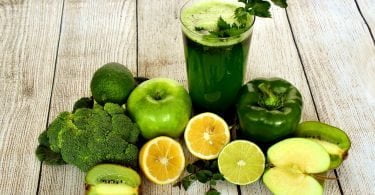At the beginning of July this year “mamading” was not exactly a word with which most of us were familiar. That all changed on the 3rd of July when several outlets ran a story on a viral video of a British girl performing sex acts on a group of 20 (+) men. Apparently, in exchange for a free-drink.
Now that mamading has had a brief fling with irrevocably entering our vocabuly, I feel that there has been only little reflection. Barbara Ellen, as a rare example, of the Guardian has explored how that this incident was an every-day tale of manipulation, fuelled by alcohol.
Boozed-up Brits
Aside from the image of boozed-up Brits abroad, I have often wondered about the pervasive culture of binge-drinking on these shores. According to the World Health Organisation’s (WHO) 2014 Alcohol Status Report, roughly 28% of British people are estimated to go through a session of what the WHO terms as heavy episodic drinking (HED).
HED is defined as consuming at least 60 grams of pure alcohol on at least one occasion in the past 30 days. 3-4 alcoholic units is between 24 and 32 grams. And, two pints of 5 per cent beer is about 4.6 units.
The WHO report relies on data from a survey conducted in 2010. More recently, The Economist run an interesting hypothesis supported by an awful lot of data claiming that the staid youth of today are more temperate than their cohort at the beginning of the 2000’s.
However, in the United Kingdom, over 50 per cent of high-school-age students reported to have participated in sessions of HED over the past 30 days, and this remains a pretty consistent trend since even 1995.
So, it seems as though British youths and young adults, those somewhere between the age of 15 and 30, are inextricably linked to bouts of binge-drinking. Right across the country, parties organised by outfits such as Carnage are giving the image of drunken students struggling to get home, a sense of commonplace.
The propensity to binge-drink starts somewhere, which in the UK, appears that episodes of binge-drinking in school follow on to holidays to islands in the sun, and for those that go to university, nights of excess drinking become normative experiences. But what leads us to binge drink should come under more scrutiny.
Drinking to the Top?
A new study may have revealed some new, and worrying, insights, on what we perceive heavy drinking to be related to. A study conducted by a group of Canadian academics has created a bit of a stir in cyberspace as it concludes that, on average, peer-groups perceive a positive relationship between the amount a person drinks and their social status.
Especially among men, the research also finds that higher social status is associated with heavy drinking!
The study was an experiment with the use of surveys on groups of 3-5 peers in Ontario, Canada. They asked people in same-sex groups to fill-in surveys with questions relating to how much they drink in a night and how they perceive the status of their peers within their peer groups.
These survey questions were aimed at finding insights into relationship between the perception of social status within a peer-group and how much and how frequently they drink. A sort-of within group ranking, if you will, hence the catchy title of Drinking To the Top.
The researchers deduce that young adults may be positively encouraged to drink more because it may help them feel like they maintain a positive social standing amongst their peers. And, more worryingly, there seems to be a relationship between the riskiest forms of drinking and higher status.
Let us take a minute to reflect on that. Because this survey deduces from people’s perceptions it dares not make the inference that people drink in order to become popular. However, the findings of the study carry with them a worrying perception that people who drink more are also considered more popular by their peers. And, where it begets danger is when people like Carnage seize upon the more vulnerable and play on the them that you can drink your way to the top.
A few years ago, reports surfaced of those binge drinking at university (college) were the happiest on campus. This may be because the students that can most afford excessive drinking are the ones that most students envy. But the danger of this jealousy and of this “let me in” attitude is that those most vulnerable who pick up the message of drinking excessively just to fit tend to be the ones most exposed to getting hurt.
Mamading incident aside, the study raises an interesting thought for our introspection. Next time we are offered a drink, think, are we doing this just to fit in.
What do you think? Have your say in the comments section below.








